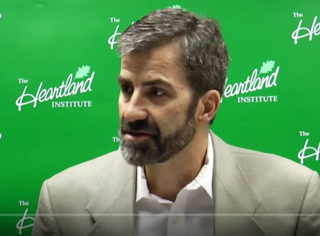A Quote by Paul Achleitner
Since loans are getting more expensive and there's less money available, we're seeing a commensurate decline in growth. Higher costs and lower growth, in turn, translate into lower profits. Figuratively speaking, in the future, we won't be able to run as far or jump as high as we used to.
Related Quotes
There's no growth. If China has a GDP of 7 percent, it's like a national catastrophe. We're down at 1 percent. And that's, like, no growth. And we're going lower, in my opinion. And a lot of it has to do with the fact that our taxes are so high, just about the highest in the world. And I'm bringing them down to one of the lower in the world.
From 2008 to 2016 all the growth in the American economy, all the growth in national income, was earned just by the wealthiest 5% of the population. So they got all the growth. 95% of the population didn't grow. If you can get a flat tax or other lower tax, as Trump is suggesting, then this richest 5% will be able to keep even more money. That means that the 95% will be even poorer than they were before, relative to the very top.
One of the biggest reasons for higher medical costs is that somebody else is paying those costs, whether an insurance company or the government. What is the politicians' answer? To have more costs paid by insurance companies and the government. ... [H]aving someone else pay for medical care virtually guarantees that a lot more of it will be used. Nothing would lower costs more than having each patient pay those costs. And nothing is less likely to happen.
The benefits of a modest warming would outweigh the costs - by $8.4 billion a year in 1990 dollars by the year 2060, according to Robert Mendelsohn at Yale University - thanks to longer growing seasons, more wood fiber production, lower construction costs, lower mortality rates, and lower rates of morbidity (illness).
I am way less attached to the number the more I weigh. You always think that if you weigh less and get to that magical number, you'll think less about your weight. But I in fact thought about that lower number more... wanting to stay close to it, fearing it getting higher. I would fret each week seeing it go up. The mission to stay lean was always harder than getting there.

































